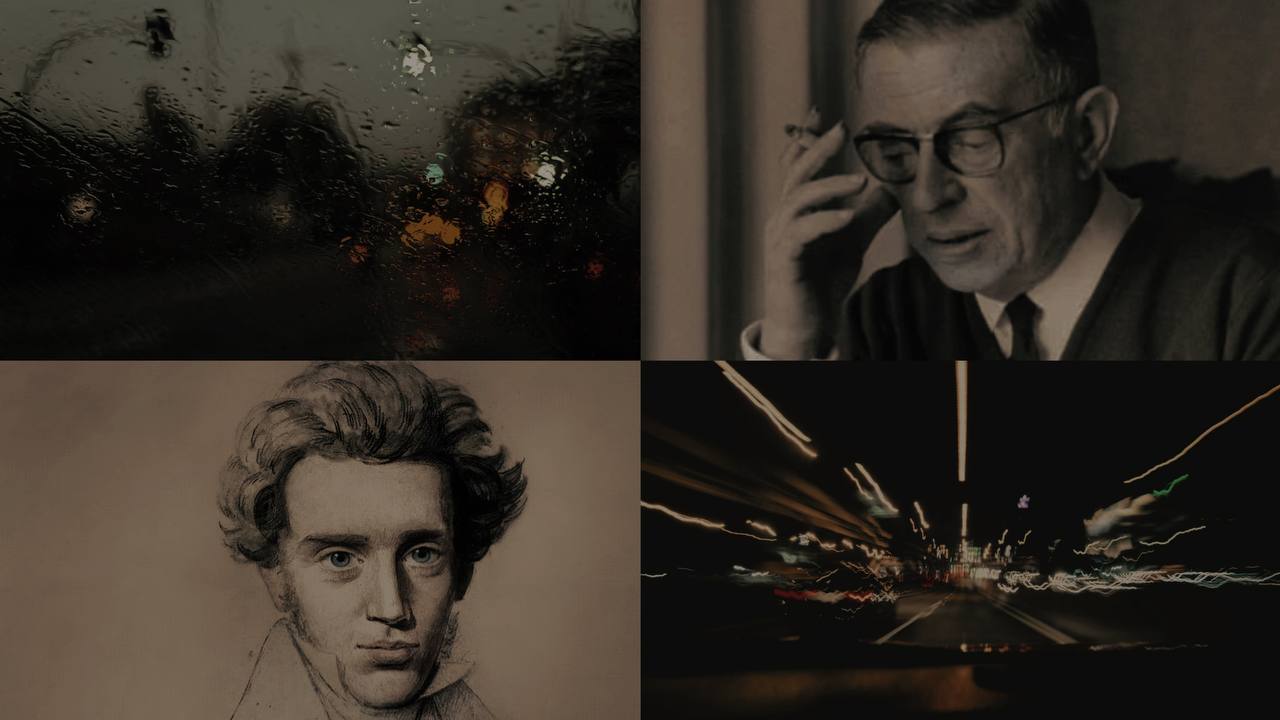The following is a transcript of this video.
Danish philosopher Søren Kierkegaard characterizes anxiety as ‘the dizziness of freedom.’ He implies that we are constantly anxious because we are free. He compares the feeling of anxiety to the sensation of dizziness that occurs when you look down into a deep, gaping cliff.
French philosopher Jean-Paul Sartre was impressed by him and continued to elaborate on this example.
Now, imagine you are at a cliffside; the first thing you notice is the existence of an objective danger—the cliff.
This is what Sartre calls horror, and this horror calls for prudent behavior.

It leads us to take caution by carefully walking away or planning our steps ahead.
However, at this very moment, we also know that we actually have the freedom not to be cautious.
We can choose to walk prudently, or jump recklessly, or even leap into the void.
This is how we are free. In this condition, there is no external danger. We are the source of these actions and decisions.
For Sartre, the essence of this moment is captured in the concept of vertigo. He said, this vertigo is not just a fear of falling but a fear of the freedom to throw oneself off the cliff. It symbolizes the existential anxiety of our freedom to make choices, where each decision shapes our existence. Similarly, in real life, when we encounter challenging situations and difficult decisions, we often experience a sense of anxiety akin to standing on the edge of a cliff.

When we face objective dangers or difficulties, it mirrors Sartre’s idea of horror. However, remember, our freedom to choose how to navigate these challenges always remains. We possess the autonomy to decide our course of action, whether it involves prudence and careful planning or a bold leap into the unknown. This freedom signifies that our decisions are not dictated completely by external forces but are shaped by our individual agency.
My recommendation is to walk through rather than just to repress or avoid this existential anxiety.
Anxiety, while often painful, can act as a catalyst for us to recognize opportunities to exercise our freedom and carve our unique path. Over time, this can lead to heightened self-awareness and remarkable personal growth.
I’m Sijin Yan, a philosophical counselor, follow for more.
References
Søren Kierkegaard: The Concept of Anxiety https://amzn.to/3HeCElb (Chapter II Anxiety as Hereditary Sin Progressively section §2 Subjective Anxiety)
Jean Paul Sartre: Being and Nothingness https://amzn.to/3QZZSjr (page 66-70)

